Black Ops 3 boss talks robots, co-op, and following Advanced Warfare
Ever wondered what goes into making a shooter such as Call of Duty: Black Ops 3? With three separate studios working on the franchise, Treyarch studio head Mark Lamia sits down with Official PlayStation Magazine and talks everything from overhauling Black Ops 3's AI to creating a new breed of robotic, Terminator-style CoD enemies. Best grab a cup of tea for this one...
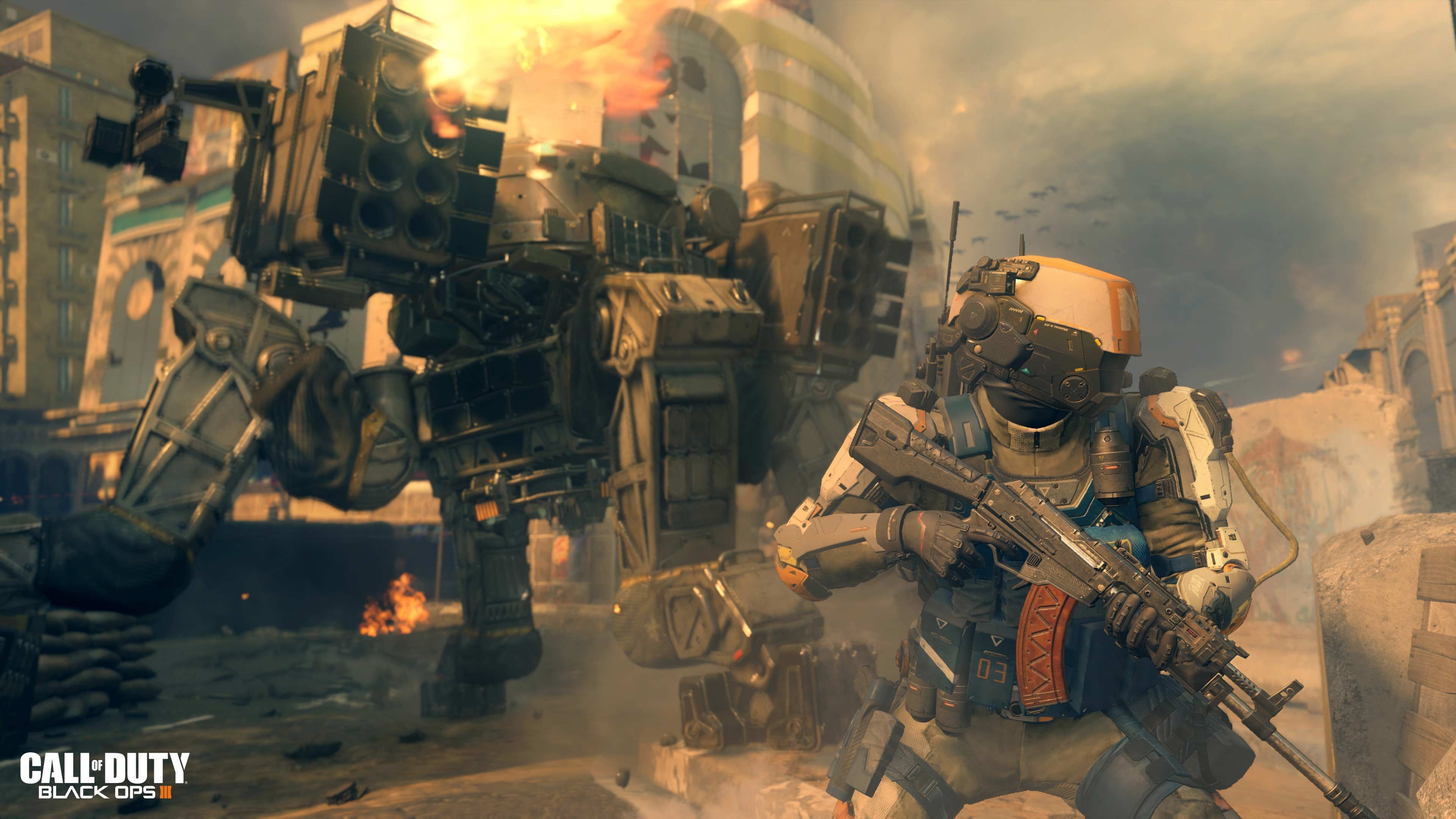
OPM: So this is your first three year cycle, and we've seen the difference that a one year can make over a two year, so what does a three year cycle let you do that maybe a two year wouldn't?
Mark Lamia: "Without a three-year cycle, we wouldn't have been able to take the kind of risks that we took on this game, frankly. We would not have been able to overhaul our entire AI system that supports the kind of engagements in an open-playspace like we have. We would not have been able to overhaul our rendering technology to make it as advanced as it is to be able to render the size of environments or the volume or density of activity and art in it or effects in it in that amount of time.
We wouldn't have been able to overhaul our entire movement system because what goes along with that is a bunch of iteration on map development that took almost a year in and of itself, from the people who needed to work on it - that process took almost a year. So we wouldn't have done it because we wouldn't have been able to do the two hand in hand, and for us they're so closely connected. The reason to have that sort of movement is so you can use your environment in the way that it is.
And just in general: we wouldn't have taken the kind of risks and we wouldn't have gone as deep as we have in every single area of the game. I don't think that that could have been done in less time."
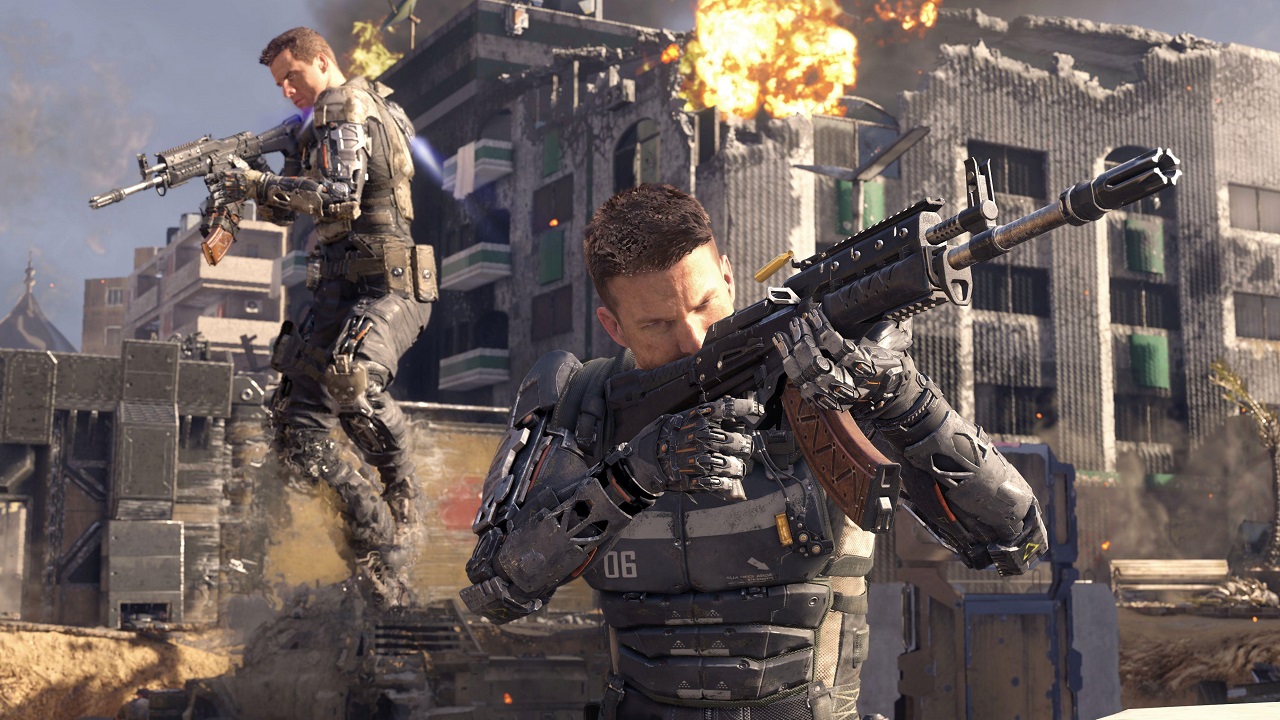
OPM: It's interesting that you picked out AI as one of the improvements. A few years back there was a tendency to just not worry about the AI because you could just kind of throw a middleware into it. How has AI evolved over the past couple of years?
ML: Well, for us it was critical because we soon as we decided to make a co-op game, but yet we needed to make it feel like a Call of Duty game, which meant we needed to have a lot of stuff going on and entertaining the player at all times - in those battles, we had to create our own proprietary AI system that allowed us to create... they had foundational rules, but then allowed us to create archetypes for the different kinds of AIs.
And because we wanted to have not just human players but robotics and vehicles and have them all interplay and have them all dynamic based on the... going upwards of 40 agnostic abilities that a player could enter a battle in.. it has to actually adapt and respond and there has to be emergent AI in those situations so... it just would've changed the design entirely.
Weekly digests, tales from the communities you love, and more
If we didn't have that time to work on overhauling the AI system and letting that mature and then having the designers work with that AI system, we wouldn't have been able to make the game like it is and allow it to be the kind of game where you can... not just play through it once, but go back and play with level-agnostic abilities and play it differently and stuff like that.
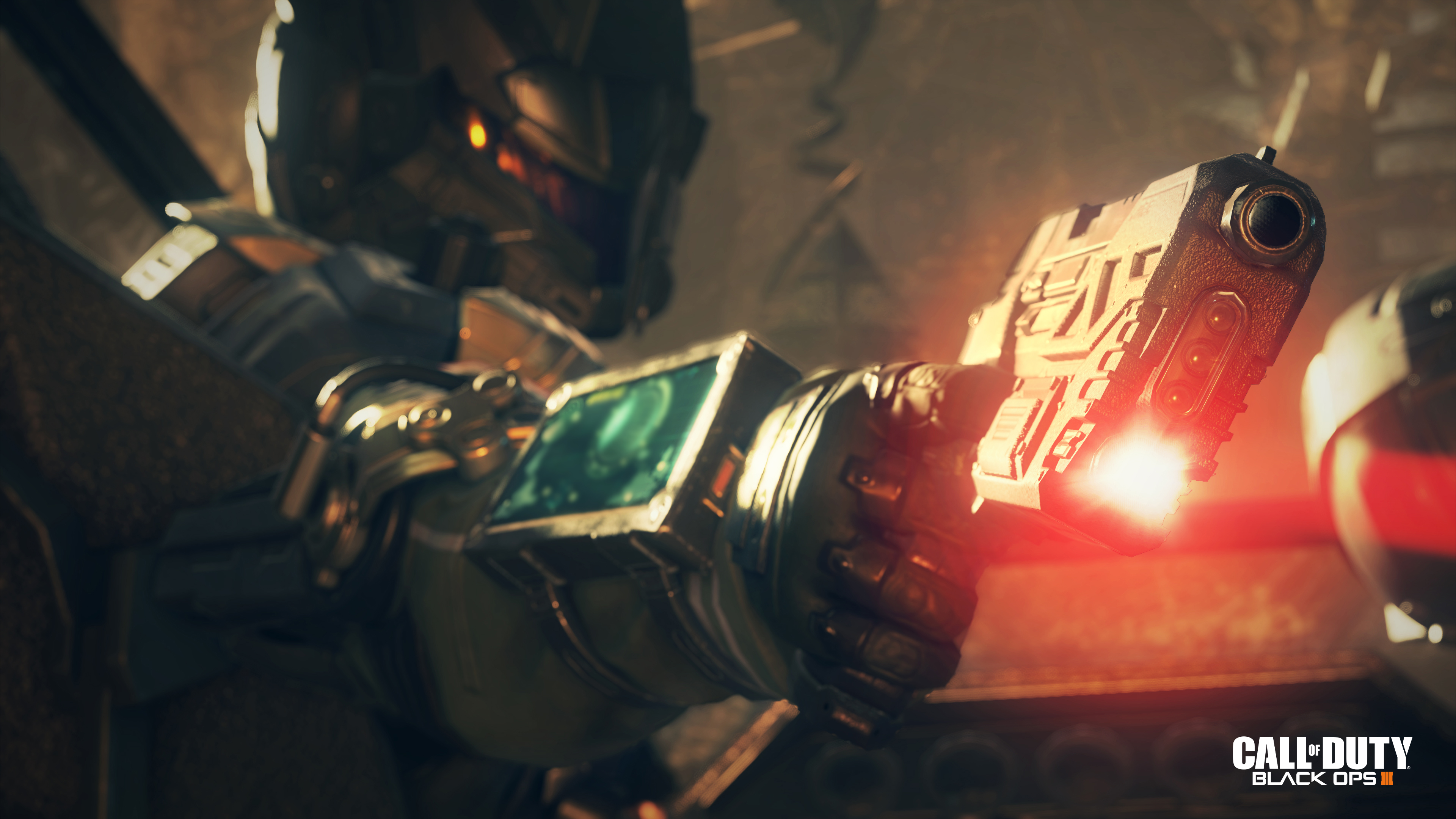
OPM: You mentioned you've got robotic enemies in it that are perhaps less focused on self-preservation. Can you elaborate on that please?
ML: Yeah so... so that was kind of fun with the AI to do that because... human AI needs to look smart, which means it needs to take cover and take opportunities to shoot at you. Robots don't worry about self-preservation like humans do, so we could create more interesting formations. You can almost imagine them coming at you three-deep as an effective strategy because as long as there's enough of them standing, that's a penetrable force... but if they're charging you in that form or fashion... or you can imagine them surrounding an asset or something that's more vulnerable and, like I said, not being worried about its own self-preservation.
Because they're robots, they're networked. Which means that realistically, they'll take on formations that look robots because they are; so 'V' formations, line formations, different kinds of formations that you wouldn't expect from humans on the battlefield where shit's going on and things are going crazy, right? You just wouldn't. But because they're networked robots, they'll create formations and I think it'll be surprising and fun for the Call of Duty players who have never seen that stuff going on inside our battlefields.
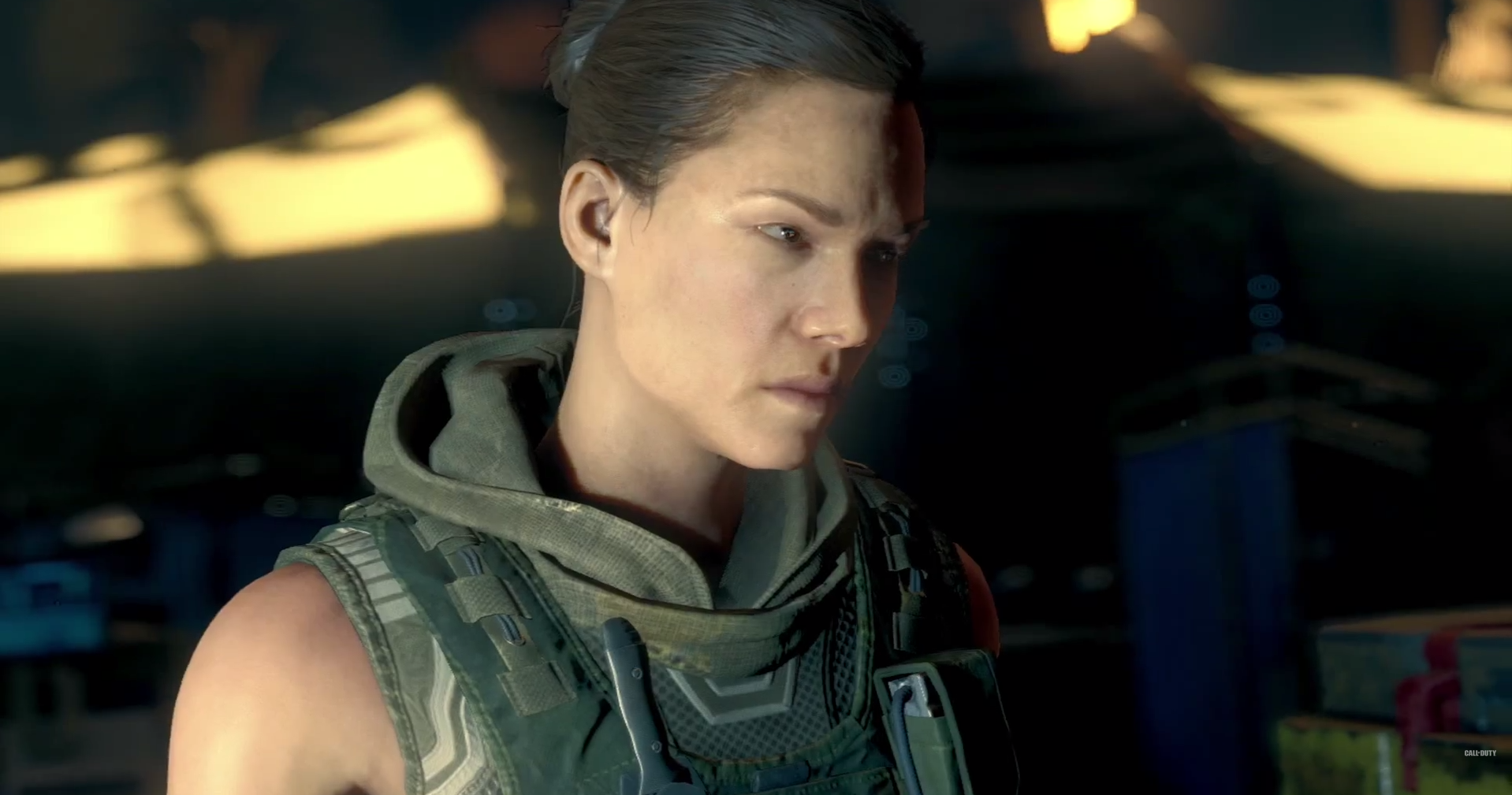
OPM: With the more fantastical FPSes such as Destiny or Halo, one of the chief advantages their world gives them is they can drop different elements and different types of enemies in there, whereas Call of Duty has been bound traditionally by vehicles and humans - is that something you're looking to develop?
ML: We are looking to actively develop... of of our primary motivations behind having the robotics that we have is so that we can have a variety of gameplay that we've never had before. We've made a lot of Call of Duty games and I think... we started to dip our toes into that with Black Ops 2; introducing some of the drones on the battlefield, and having some of those robotics. But these are far more advanced and we can do more complex AI interactions because fictionally these are more complex robotics. So it totally played into that.
The fact that... the bipedal robots are really good also because if their legs are blown off, they're just robots and they'll keep coming at you. There's different things... they can still fire, so stuff is on the ground and you still need to take it out if you haven't actually take in out, so it changes... it introduces a lot of new variety inside the gameplay and they're just really fun to blow up. They look like fun, they're cool and parts of them come off - they can still come at you. You can blow off a limb and they can still be coming at you - it's a robot, right? So the fiction affords us tons of new AI for you to have fun with and play against.
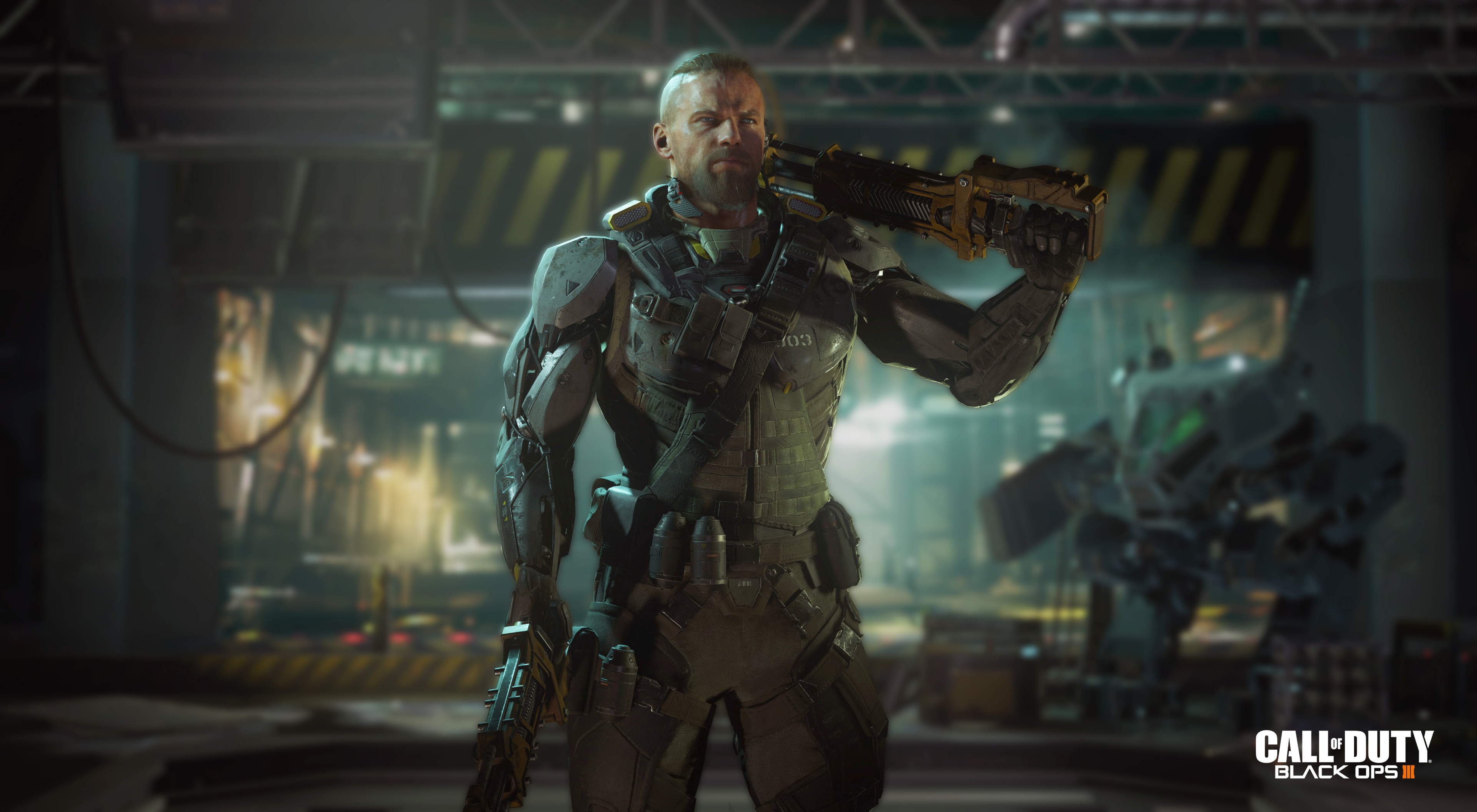
OPM: When you started development three years ago, or close enough to it, were you aware of Titanfall or Advanced Warfare?
ML: So when we started the game and started the movement system, we hadn't seen any of the competitors games, because those weren't revealed until E3 or whatever that timeframe was when we started Black Ops 2.
The truth of the matter is, we hadn't played Advanced Warfare's movement system until after we'd had ours. So it was interesting to see they had a fun and unique take of their own movement that was different from ours, with their Exo movement system.
Whereas ours came out of more of a desire to evolve and create a more powerful, fluid chain movement system out of the Black Ops 2 movement system, and I want players to feel when they play this - and it's the reason I wanted to play it and why I want to get it on the show floor at E3 and why I want a Beta is because... I think if you play Black Ops 2 this will feel like 'Okay, this is a precision controlled, fluid movement system that has evolved out of Black Ops 2 that just allows me to do things... and a map design that supports me doing things that I haven't been able to do before but feels tight and focused and... in a way that Black Ops 2 did."
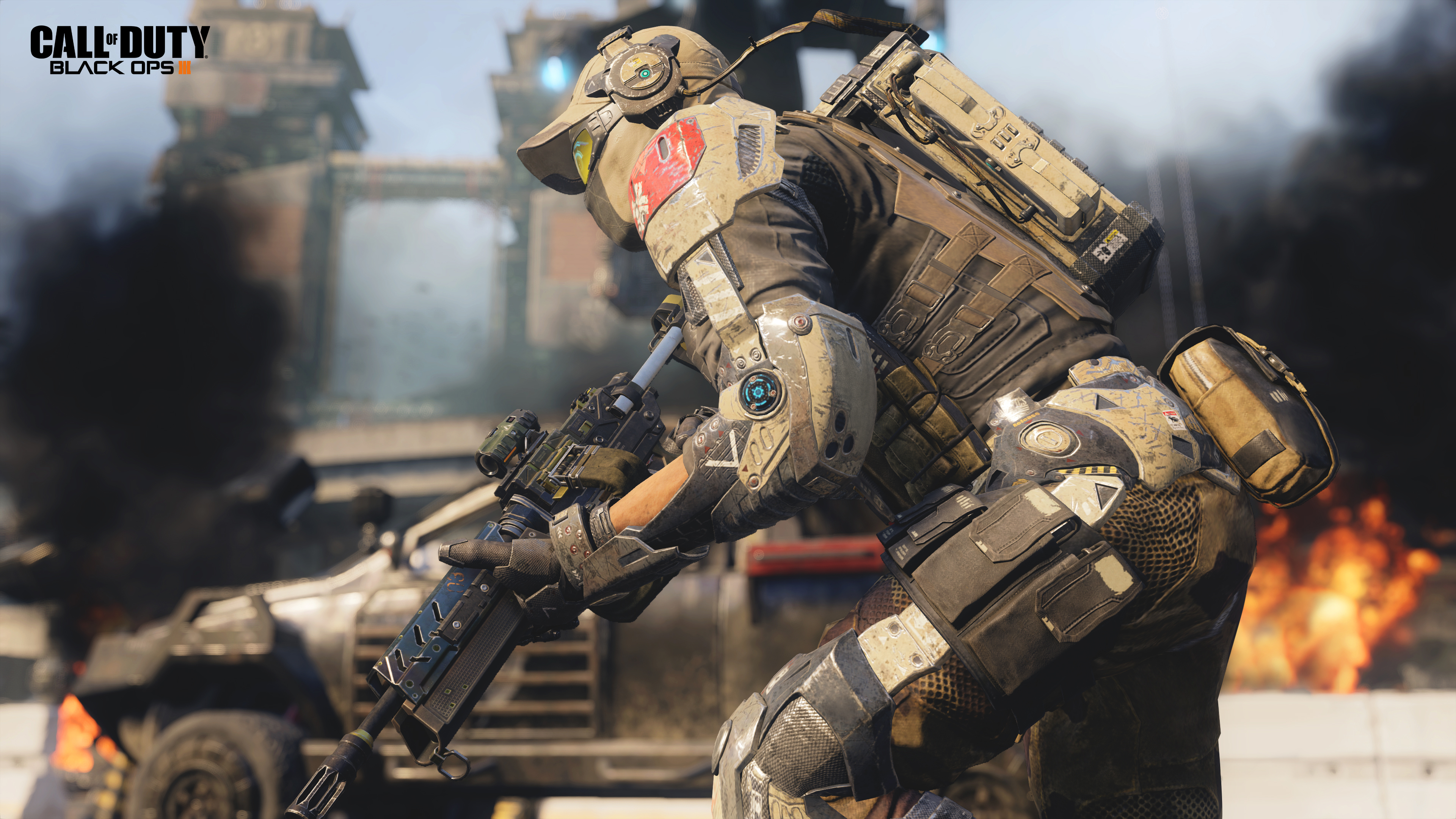
OPM: Is there still a degree of self-determination in that "I'm going to keep this under wraps from the other studios and we're going to focus on doing our thing?" It used to be like that...
ML: Yeah. From very early on we'll share stuff on all sides. The other teams... I invited the other teams very early on in this development, as soon as I had a really... what I considered a representative out-of-the-prototype phase, a representative prototype;it's nowhere near as polished as what you saw. I shared it with the other studios; I mean... but it's up to them to come up with their own creative... there's no... I think that there's a belief that you can take just a feature and stick it in another game, but I think these systems are fairly complex and you have to look at them holistically and make sure they make sense of your stuff. So we saw... I actually saw Advance Warfare levels... very early Campaign but not... I played multiplayer a little bit later, and it wasn't because anyone was holding it back for us, it was just the timing when we played it.
Sometimes if you're trying to come up with your own stuff and that works for yours, sometimes it's actually not useful to... until you've had a chance to actually exhaust your own ideas, to look at something else because it could actually influence you and maybe... you might not come up with the ideas that you came up with it that makes any sense? So I think there's a time when if you're... we actually knew what we wanted to do, it just took us some time to get it done. Once we had that, then sure we'd take a look at other stuff, there's no reason not to.

And it was interesting to see that they had maybe some movements that were like ours, but the systems were entirely different and the focus that they had was different from ours and I think that's totally fine and I actually think it's important inside the franchise to have some differentiation for the players so that they can get a different experience every year.
The latest issue of Official PlayStation Magazine, with Call of Duty: Black Ops 3 on the cover, is out now. Buy a copy here or subscribe to future issues.
Dom has been a freelance journalist for many years, covering everything from video games to gaming peripherals. Dom has been playing games longer than he'd like to admit, but that hasn't stopped him amassing a small ego's worth of knowledge on all things Tekken, Yakuza and Assassin's Creed.


